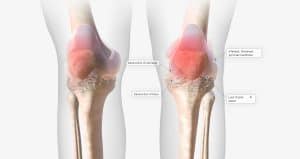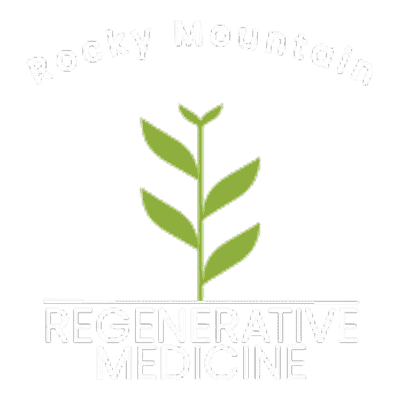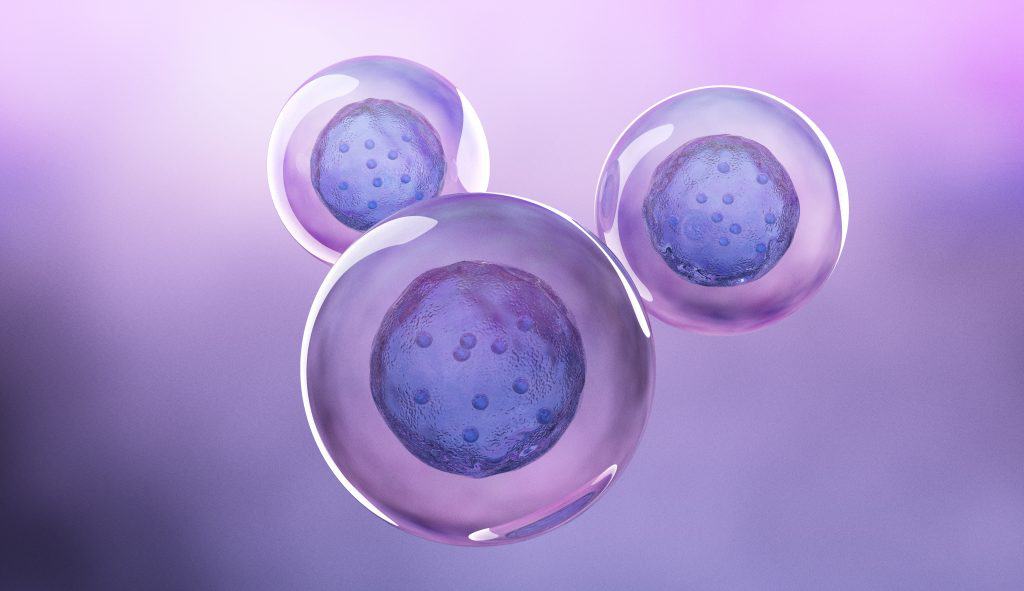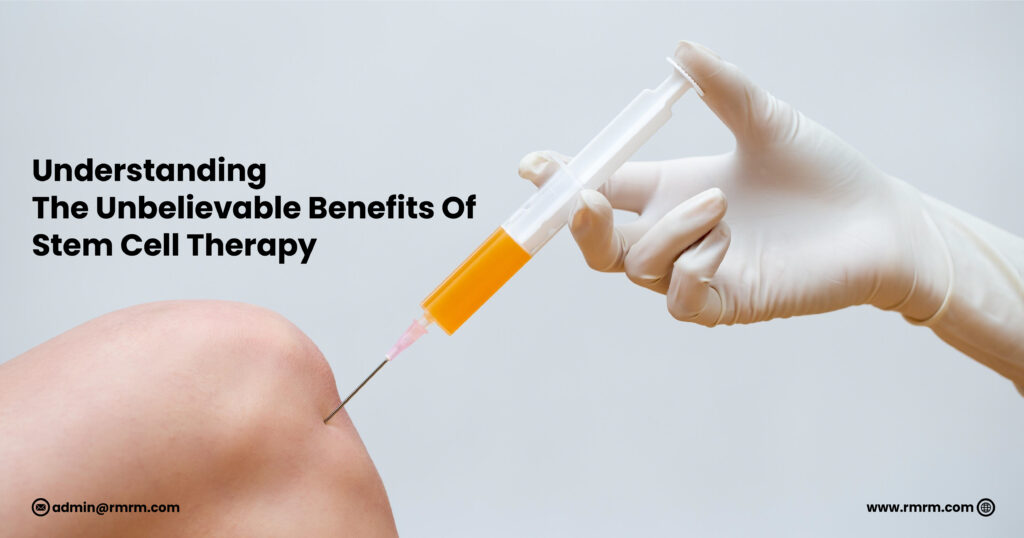
While there is no single definitive test to diagnose knee OA, doctors typically use a combination of methods. They will ask you about your symptoms, perform a physical examination, and may order imaging tests such as X-rays or MRI scans. They may also perform blood tests to rule out other conditions that could be causing your symptoms.
Primary care or orthopedic doctors have few treatment options for the pain and discomfort caused by knee OA. Treatment options usually include:
- Lifestyle changes:weight loss, exercise, and physical therapy.
- Assistive devices:braces, shoe inserts, or canes to support the joint and reduce stress on the knee.
- Medications:Nonsteroidal anti-inflammatory drugs (NSAIDs), such as ibuprofen or naproxen. In some cases, corticosteroid injections may be recommended to reduce inflammation and provide temporary pain relief.
- Surgery:when other treatments have not provided relief, orthopedic doctors recommend knee arthroscopy, knee replacement surgery, osteotomy, or joint replacement.
The above treatment options focus on one thing – SYMPTOM MANAGEMENT. They do not actually heal the damaged tissue. Lifestyle changes and assistive devices can improve pain and mobility, however, they do not halt the degeneration process or enhance healing and repair.
Similarly, medications can decrease inflammation and pain, but do not stop the progression and have side effect profiles that should concern you. And the final option, knee surgery, can be life changing, but is certainly not without risk of infection, blood clots, continued pain, and other issues.
Rocky Mountain Regenerative Medicine (RMRM) has your alternative knee OA solution for healing and repair. Shockwave therapy, Platelet Rich Plasma (PRP), Stem Cell Therapy, and peptides such as BPC 157 are some of the options our providers may recommend based on your individual injury and personal goals for healing. Our providers have helped thousands of patients heal injuries and strengthen joints using these revolutionary biologic treatments.
Did you know that the doctors at RMRM participated as sub-investigators in one of the largest studies to date analyzing the use of stem cell therapy in knee OA?
STEM CELL THERAPY FOR KNEE OSTEOARTHRITIS
At RMRM, we want to help you heal your arthritic joint, repair cartilage defects, regenerate the tissue that has been damaged, and help you get back to the things you love with those who matter most. The most robust treatment we offer to treat knee OA is Stem Cell Therapy. This therapy involves harvesting your own stem cells from your adipose (fat) cells, processing them, and injecting them into the joint.
Stem Cell Therapy is non-invasive and is considered safe with minimal side effects, and minimal downtime or restrictions. The mesenchymal stem cells are harvested from your own adipose (fat) tissue through a liposuction procedure. The stem cells are then isolated and re-injected into the damaged tissue with precision under ultrasound or fluoroscopy guidance.
Stem cells have been shown by research and our real life clients to repair damaged joint tissue, cartilage defects, reduce inflammation, and regenerate damaged cartilage. Stem cells secrete growth factors that promote tissue repair, regeneration, and decrease inflammation. By injecting stem cells into the joint, it is possible to stimulate the body’s natural repair mechanisms and promote healing.
PRP THERAPY FOR KNEE OSTEOARTHRITIS
Platelet Rich Plasma (PRP) therapy for knee OA has also been shown to promote joint healing and improve the associated symptoms. The concentrated platelets and growth factors are derived from your own blood and injected into the damaged joint tissue. The growth factors in the PRP can help regulate the immune response and reduce the production of proinflammatory cytokines.
Both Stem Cell Therapy and PRP therapy are considered safe with minimal side effects, and minimal downtime or restrictions. Since these biologic therapies are derived from the patient’s own body, there is a low risk of an adverse reaction or infection. While regeneration and symptom improvement can take 3-6 months, most patients are back to their baseline functionality within 2 weeks, and continue to improve from there.
There is no one size fits all approach when it comes to knee pain. RMRM provides personalized doctor visits and non-invasive procedures. Experience a new level of care and attention to detail with Perform Better Longer, where we work to optimize your entire biology for long-term success.
Are you a candidate? Schedule your consult today.
If you are considering knee replacement surgery, be sure to watch this before making a decision:
5 Things Wrong With Knee Replacement You Need To Know



